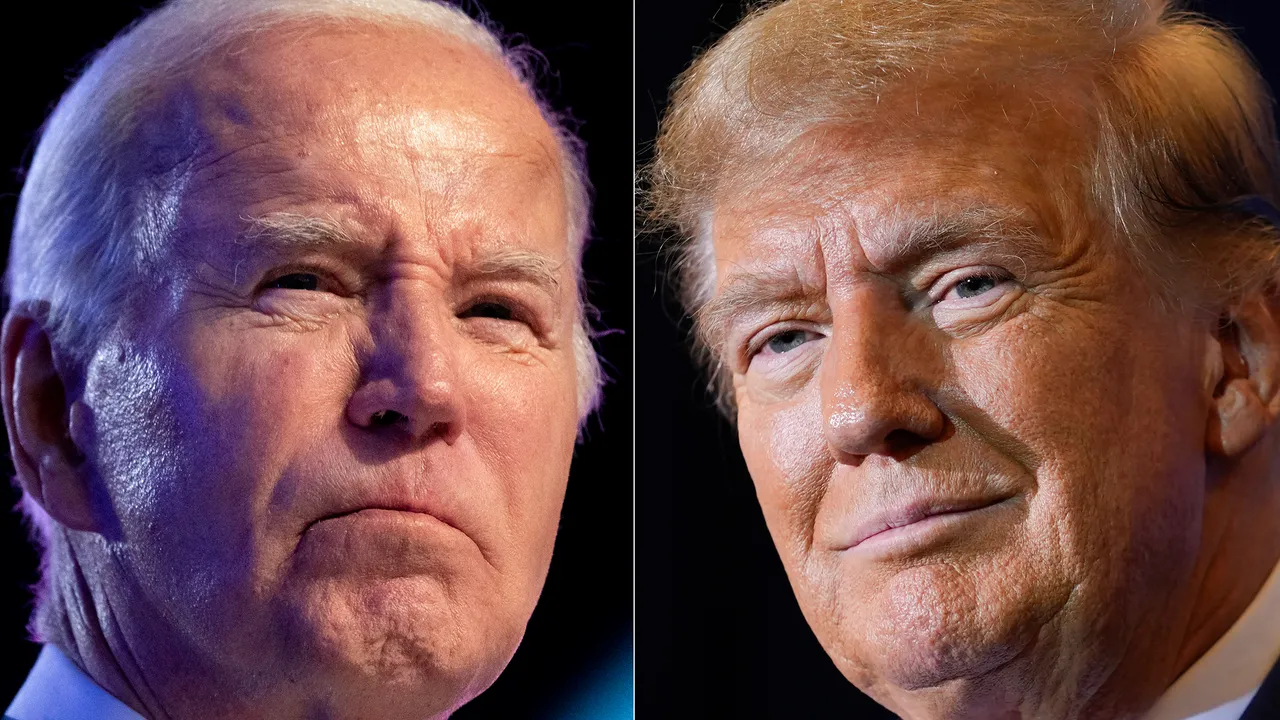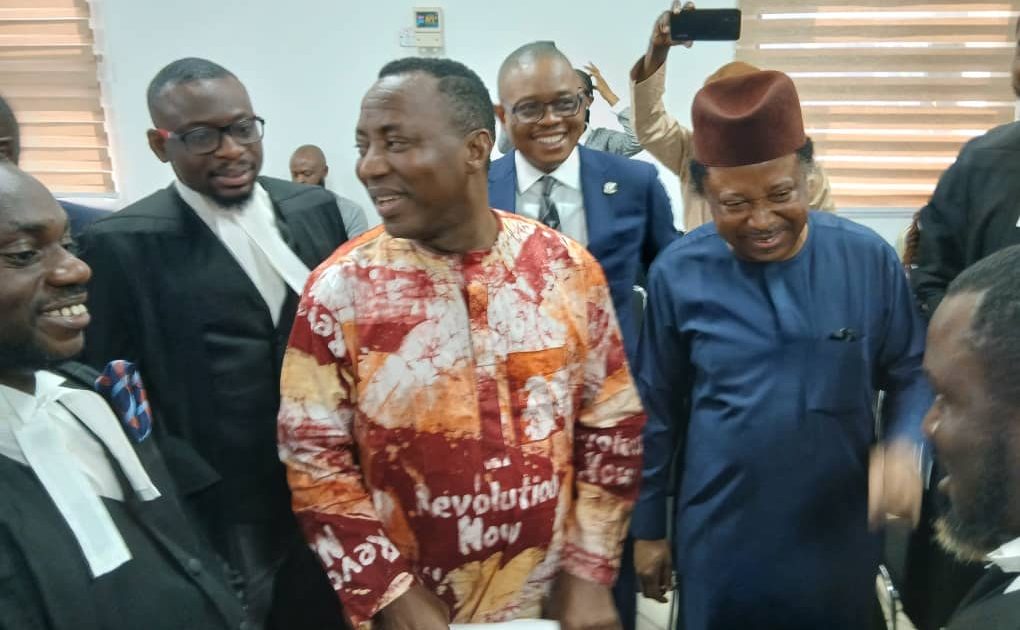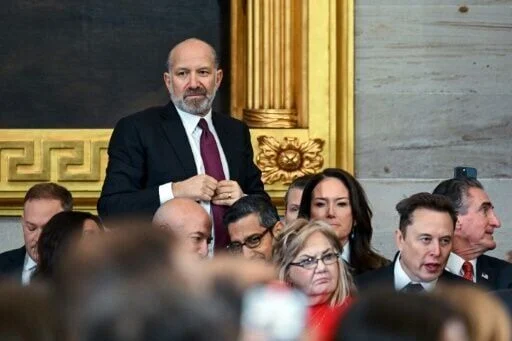In the event of either Joe Biden or Donald Trump withdrawing from the 2024 US Presidential Race, numerous potential outcomes could unfold, prompting speculation among political observers. The looming rematch between President Biden and former President Trump has captured widespread attention, but hypothetical scenarios sans either candidate have been pondered by experts, shedding light on possible ramifications.
Age emerges as a pivotal factor in contemplating such scenarios, given that both contenders rank among the oldest individuals to have assumed the presidency in US history. While neither candidate has publicly grappled with severe health concerns, their advanced ages inherently harbor the possibility of mortality or medical emergencies.
The notion of a voluntary withdrawal by either Biden or Trump appears remote, as noted by political strategist Rachel Bitecofer. Even if circumstances were to necessitate a change in candidacy, such a maneuver could instigate tumult within the respective party bases, particularly among Republicans, given Trump’s enduring sway.
President Biden, despite facing age-related concerns, remains resolute in his bid for re-election, buoyed by relatively scant opposition from formidable challengers within his party ranks.
Conversely, Trump exhibits unwavering determination to participate in the electoral fray, notwithstanding potential legal entanglements that might culminate in criminal convictions. The nomination process hinges on state delegates convening at summer conventions to formally anoint a candidate based on primary outcomes. Consequently, these delegates, drawn from the ranks of ordinary politically active citizens, would be tasked with selecting a replacement nominee in the event of Biden or Trump bowing out during the primaries.
The trajectory of party conventions, since Lyndon B. Johnson’s announcement in 1968, has been characterized by predictability. However, the abrupt withdrawal of a frontrunner could upend convention dynamics, evoking memories of the tumultuous pre-1968 era. Should a nominee exit the race post-convention, the party’s governing body would be charged with designating a substitute contender.
In the Republican sphere, Trump’s enduring influence could heavily influence the selection process, potentially propelling figures like his daughter-in-law Lara into contention. Conversely, Democratic alternatives might encompass Vice President Kamala Harris or other prominent figures such as Governors Gavin Newsom, Gretchen Whitmer, or Josh Shapiro.
The absence of a formidable third-party contender underscores the enduring hegemony of the two-party system. While independent candidates like Ross Perot made notable strides in 1992, ultimate victory hinged on securing Electoral College support, thereby marginalizing candidates lacking in such backing.
Amidst swirling conjecture, the electoral landscape of the 2024 contest underscores the intricate nature of US presidential politics, where potential scenarios present both obstacles and opportunities for candidates and political parties alike.




